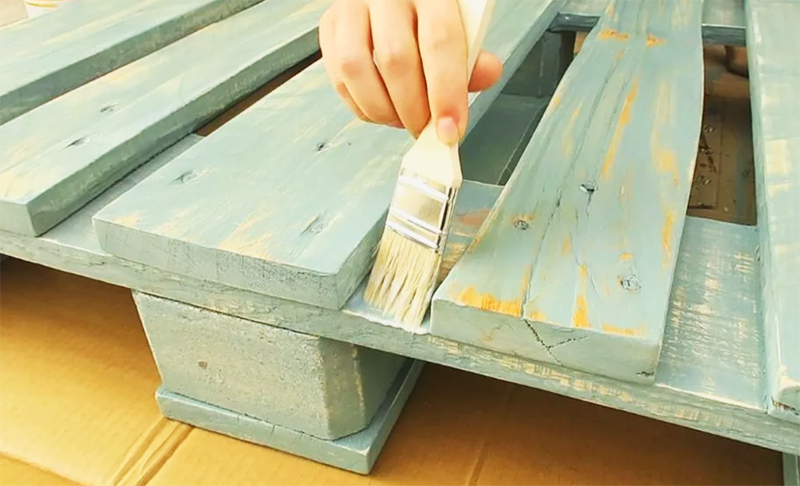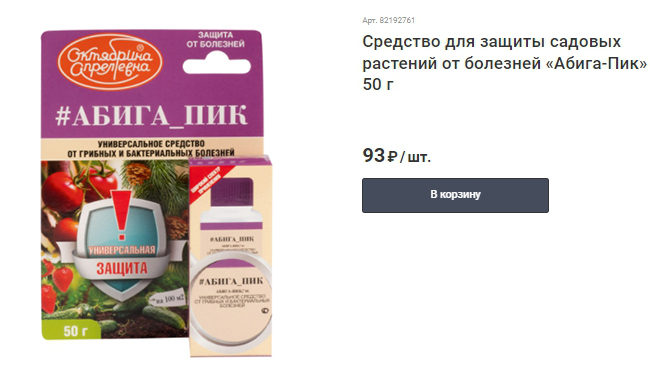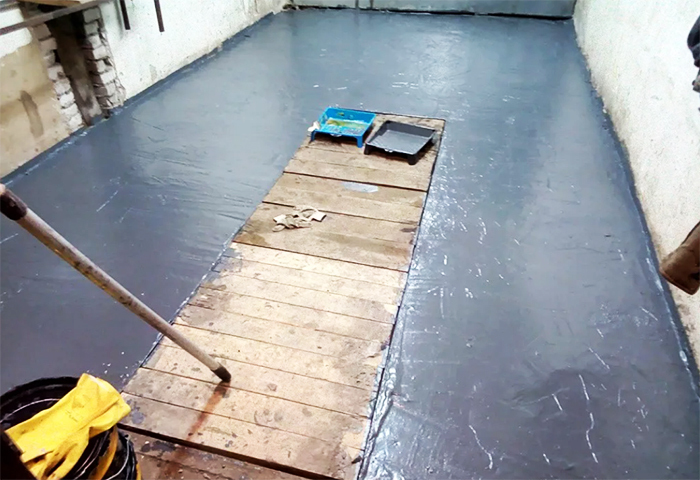 For many years, dust, bacteria and other debris accumulate on the coins, especially old, which deprives them of the original luster and beauty. But in fact, not at all difficult to clean the coins at home, to return the money original appearance and prevent them from damaging oxidation.
For many years, dust, bacteria and other debris accumulate on the coins, especially old, which deprives them of the original luster and beauty. But in fact, not at all difficult to clean the coins at home, to return the money original appearance and prevent them from damaging oxidation.
Content
- Formation and value of the patina
- Ancient specimens have been found in the ground
- old coins
- Removing dirt with isopropyl alcohol
- Storage collection
Formation and value of the patina
Of course, it is possible to address and to the professionals in this business, but it will cost a certain amount. In order not to spend money, it is better to clean old coins at home quickly and to perfection, so that the process does not affect the quality and cost, if it is valuable specimens.
Before cleaning coins, you need to pay attention to the raid on their surface. Patina - a plaque, which is a result of interaction with the environment surface. Gold and silver weakly exposed patina formation, while copper alloys such as bronze or actively involved in these processes, resulting in changes of their surface layer.
The result of the corrosion of the surface is formed for centuries, and millennia, so patina may have different colors depending on external agents, which create chemical and electrochemical interaction.
activated corrosion processes such factors:
-
 air;
air; - water;
- soil composition and its components (sulfur, carbonates, acid chlorides and oxidants).
Organic substances and changes in temperature also affect the appearance of coins.
In the world of numismatics patina - it's one of the most important evaluation criteria. Ideal patina can along with style to increase the value of numismatic products by more than 100% of the average market quotations sample of the same type, but with different coating.
Recovery and purification requires a number of suitable tools, skillful hands and patience. What is important is that the original patina should not be subjected to the aggressive intervention of the mechanical or chemical treatment, as such a valuable natural patina confirms the age of the coins.
Ancient specimens have been found in the ground
Means for cleaning the coins found in the ground is warm distilled water. Coins are immersed in it for several hours, until the earth razmoknet. Then remove dirt small brush with soft bristles, Cotton swab, toothpick or the tip of a scalpel according to the amount of land, and always remember that you need to perform a very slight pressure, so as not to damage the patina.
In ancient coins dirt may remain even after the soaking and cleansing. To get rid of it, take a sharp tool and carefully separate the dirt. It can be cleaned with greater accuracy thanks to good lighting, a microscope or magnifying glass.
The above process is possible even for beginners. But better, of course, consult with experts. Perhaps, if the coin is very old and corroded violated its structure, experts will be able to put on it an artificial patina, which will prevent the value from further destruction.
old coins
 Before you clean the old coins, it is necessary to support them under running hot water. Thus it is possible remove the first layer of dirt thanks to the pressure with which the water flows from the tap, carefully closing the drain stopper coins before washing in the sink, to avoid losses due to slipping from the hands.
Before you clean the old coins, it is necessary to support them under running hot water. Thus it is possible remove the first layer of dirt thanks to the pressure with which the water flows from the tap, carefully closing the drain stopper coins before washing in the sink, to avoid losses due to slipping from the hands.
All coins can be washed with water, but copper and copper alloys actively react to substances in the environment than nickel coins, Gold or silver, and therefore can receive large damage. In this case, it is difficult to get a good result only from the water.
We should make a soapy solution in a bowl and dip to each coin individually. Nonabrasive solvents (distilled water and mild soap) have sufficient power to cleanse soft metals. Then take a toothbrush with soft bristles and clean it with soapy water coins. Continue as long as the metal does not return its radiance. This should be done carefullyTo avoid visual scratches on the surface.
This cleaning can cause some minor scratches on coins, reducing their cost. At the end of the procedure they must rinse and wipe dry each instance individually lint-free cloth.
Removing dirt with isopropyl alcohol
Another way to help clean a contaminated coin, is as follows. Prepare means of isopropyl alcohol and salt. These chemicals are abrasive, acidic and can clean the stubborn dirt. that to produce a solution of, It is necessary to mix 250 ml of isopropyl alcohol and two tablespoons of salt in a bowl. After that, put the coin back for a few hours.
Isopropyl alcohol is a universal solvent that can corrode the water-insoluble substance (non-polar compounds and others.) And has a strong odor. The substance is non-flammable, and during cleaning of coins at home this tool is necessary to open the window.
 Rinse coins using distilled water. Water from the tap It contains chlorine and other chemical additivesWhich can cause corrosion of the metal over time. Irrigate need to change as long as they do not remain the solution. After that, wipe them with a cloth and put to dry, turning from time to time, not to leave traces of moisture, which over time can cause damage.
Rinse coins using distilled water. Water from the tap It contains chlorine and other chemical additivesWhich can cause corrosion of the metal over time. Irrigate need to change as long as they do not remain the solution. After that, wipe them with a cloth and put to dry, turning from time to time, not to leave traces of moisture, which over time can cause damage.
Cleaning coins Soviet Union that are not yet of little value to coin collectors, can be conducted by the above methods, and citric acid. But after cleaning must be thorough washing.
Storage collection
Extreme temperatures can affect the patina. It is important to avoid drying of coins flow of hot air or near heating devices. After cleaning, specimens were placed in plastic boxes or folders at ambient temperature.
Other common materials (Paper, cardboard, some plastics) can damage the metal over time. It is not necessary to put coins in PVC products, as they contain substances that damage the metal.
Collectible coins are best placed in a hard plastic from envelopes (polyethylene terephthalate), t. To. He is more durable and offers better protection. The main thing you need to doIs to make sure that the envelopes are sealed.
- You can not use paper because it contains sulfur, which gives the gray color metal.
- It is not necessary to store the coins in places where they may fall.
- Picking up old instances, it is necessary to keep them over the edge. Sebum and fingerprints may affect the appearance and value.
There is a standardized evaluation system, and even the smallest scratches caused by cleaning can cause problems.
For products of nickel or precious metals may be to apply the procedure with pure acetone, putting coins into it for 5 seconds. But if you do not remove the remnants of the solvent on the metal, a brown scurfWhich significantly reduces the cost, so it is important immediately after the procedure, wash water values.
Since acetone is a solvent instead of acid, it will not adversely affect the coin, if you do not leave them in the vehicle for a long time. Other products contain chemicals which may damage the metal.



